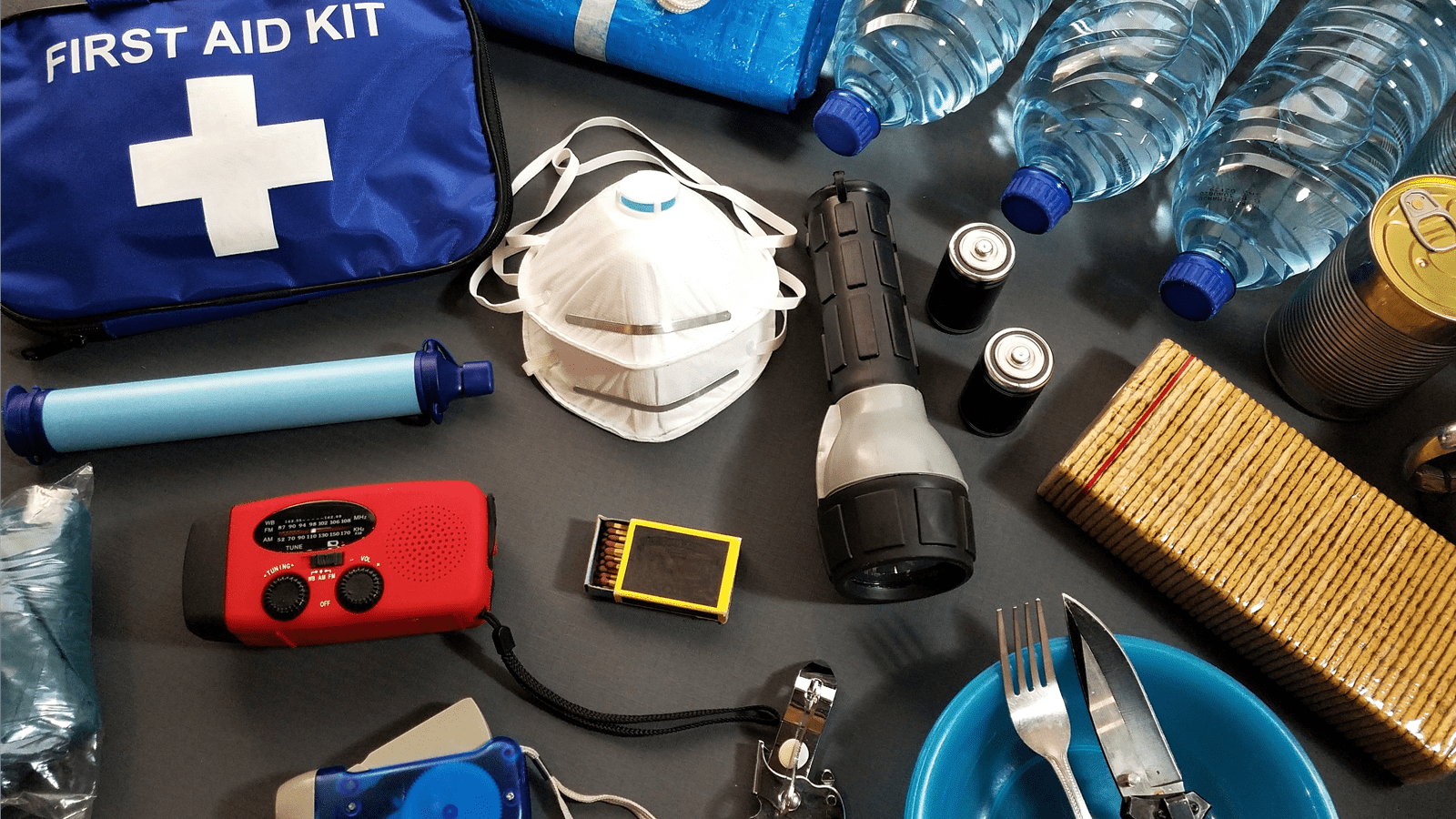
Get stories and expert advice on all things related to college and parenting.

Is your student prepared for a weather-related emergency in their on- or off-campus home? Whether they live in the dorms or in an off-campus apartment, share these tips with them and make sure they're ready for an emergency — especially if that emergency means a loss of power.
It's also important that your student know how to get information or updates on the situation, whether from their school or their landlords. The college or university will likely have an emergency broadcast system in place and your student should make sure they're signed up to receive those notifications. They can also read their email and check the school website for updates.
Beyond staying up to date on the situation, it's crucial that your student know who to contact if they need help whether it be 9-1-1 or a campus emergency number. And if your student's school is far from home, it's always a good idea to make sure they have a local contact person they can turn to during a difficult time, whether it's a family friend, relative or the parent of one of their college friends.
In the case of potential flooding from a hurricane or tropical storm, or during an event of extreme snow and cold, students should take extra precautions and not leave their dorm or home unless advised that it's safe to do so. In addition to heeding safety recommendations from their college or university, they should tune into severe weather advisories from their city and county.
Students living off campus may need to shoulder a little extra responsibility in emergency situations. It's possible that they'll need to take initiative and contact their landlords and utility companies for advice on what to do to keep their houses safe. Fortunately, many student leasing companies know the drill and are proactive in providing tips to first-time renters — landlords have an incentive to protect property and appliances from damage, after all.
Here are things your student shouldn't do in an emergency situation, especially if they've lost access to power and water:
Sometimes emergencies catch us by surprise but at other times, especially when extreme weather is involved, we may have some advance warning. If your student is aware of a developing situation or simply has a bad feeling about it, they can already be making sure they're prepared for the worst case scenario. Things like making sure their power banks are fully charged and checking on their supply of candles and food can truly make all the difference.
Find more tips on preparing for emergencies on campus, including evacuations, lockdowns and fires >